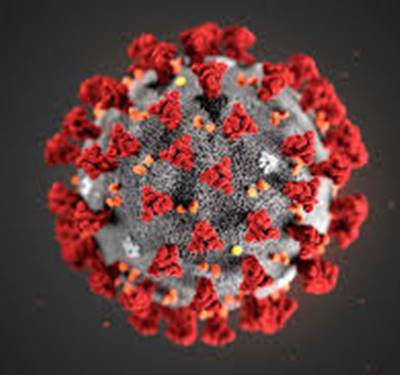People living with HIV with advanced disease, those with low CD4 and high viral load and those who are not taking antiretroviral treatment have an increased risk of infections and related complications in general. It is unknown if the immunosuppression of HIV will put a person at greater risk for COVID-19, thus, until more is known, additional precautions for all people with advanced HIV or poorly controlled HIV, should be employed
At present there is no evidence that the risk of infection or complications of COVID-19 is different among people living with HIV who are clinically and immunologically stable on antiretroviral treatment when compared with the general population. Some people living with HIV may have known risk factors for COVID-19 complications, such as diabetes, hypertension and other noncommunicable diseases and as such may have increased risk of COVID-19 unrelated to HIV. We know that during the SARS and MERS outbreaks there were only a few case reports of mild disease among people living with HIV.
To date, there is a case report of a person living with HIV who had COVID-19 and recovered and a small study on risk factors and antiretrovirals used among people living with HIV with COVID-19 from China. This study reported similar rates of COVID-19 disease as compared to the entire population and increased risk with older age, but not with low CD4, high viral load level or antiretroviral regimen[4]. Current clinical data suggest the main mortality risk factors are linked to older age and other comorbidities including cardiovascular disease, diabetes, chronic respiratory disease, and hypertension. Some very healthy people have also developed severe disease from the coronavirus infection
PLHIV are advised to take the same precautions as the general population
- wash hands often
- cough etiquette
- physical distancing
- seek medical care if symptomatic
- self-isolation if in contact with someone with COVID-19 and
- other actions per the government response
People living with HIV who are taking antiretroviral drugs should ensure that they have at least 30 days and up to 6-month supply of medicines and ensure that their vaccinations are up to date (influenza and pneumococcal vaccines). Adequate supplies of medicines to treat co-infections and comorbidities and addiction should also be ensured.

